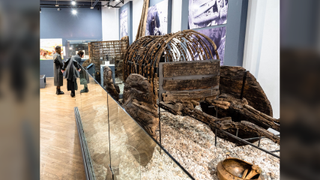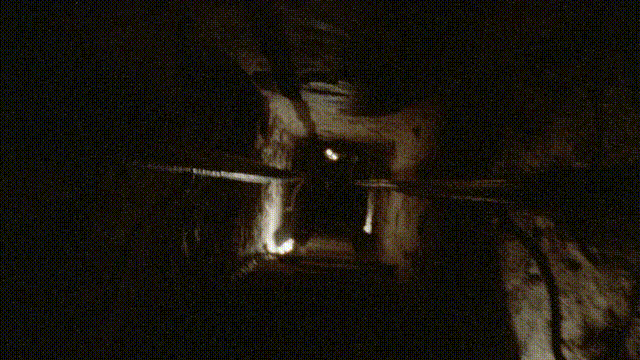Archaeology news, features and articles
Explore Archaeology
Editor's Picks
Latest about Archaeology
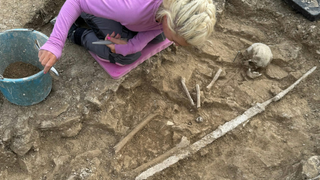
Anglo-Saxon children discovered buried with warrior gear in UK — perhaps as a nod to 'the men these children might have become'
By Duncan Sayer published
Archaeologists have discovered Anglo-Saxon children buried with a spear, shield and buckles, gear that's usually seen in warriors' graves.
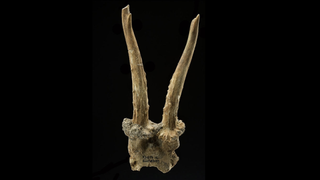
7,500-year-old deer skull headdress discovered in Germany indicates hunter-gatherers shared sacred items and ideas with region's first farmers
By Tom Metcalfe published
The discovery of a deer skull headdress and tools made from antlers at the site of a New Stone Age farming village suggests that hunter-gatherers were sharing ideas with the newcomers.

Remote region in Greece has one of the most genetically distinct populations in Europe
By Kristina Killgrove published
A genetic analysis of the Deep Maniots living in Greece's southern Peloponnese region has revealed a close-knit, patriarchal community with roots in the Bronze Age.
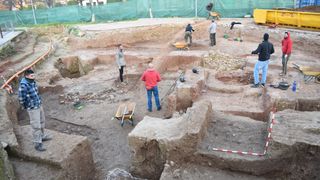
'Landmark' elephant bone finding in Spain may be from time of Hannibal's war against Rome
By Tom Metcalfe published
An elephant bone discovered in Spain may date to the time of Hannibal's battles against the Romans.
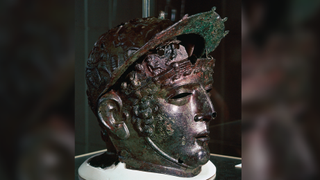
Ribchester Helmet: A rare 'face mask' helmet worn by a Roman cavalry officer 1,900 years ago
By Kristina Killgrove published
The helmet has been a powerful symbol of Roman Britain since it was discovered over 200 years ago.
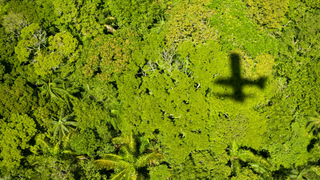
'It's similar to how Google can map your home without your consent': Why using aerial lasers to map an archaeology site should have Indigenous partnership
By Christopher Hernandez published
Aerial lidar is transforming how archaeologists map sites, but they should do it in tandem with Indigenous people.
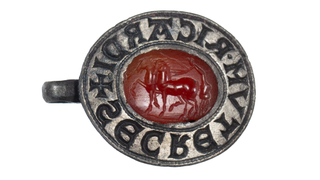
Rare medieval seal discovered in UK is inscribed with 'Richard's secret' and bears a Roman-period gemstone
By Kristina Killgrove published
The Gosfield seal is made of a medieval silver seal bezel surrounding an ancient Roman gemstone.
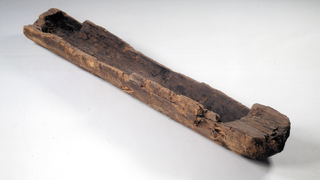
When were boats invented?
By Jesse Steinmetz published
The oldest physical boat is a canoe from roughly 10,000 years ago, but evidence suggests humans have been using watercraft for at least 50,000 years.
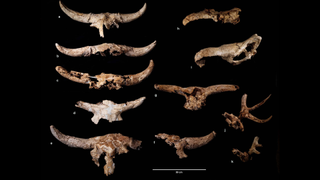
More than 43,000 years ago, Neanderthals spent centuries collecting animal skulls in a cave; but archaeologists aren't sure why
By Sophie Berdugo published
Neanderthals repeatedly returned to the cave to store horned animal skulls, revealing this cultural tradition was transmitted over time.
Get the world’s most fascinating discoveries delivered straight to your inbox.
 Live Science Plus
Live Science Plus










